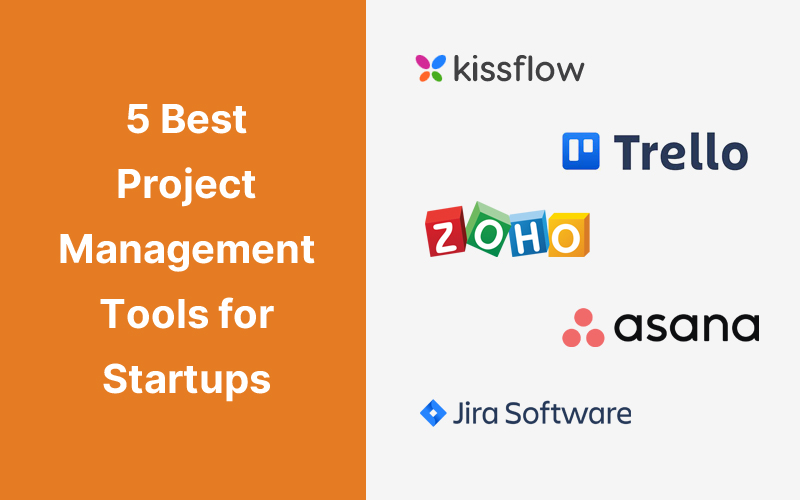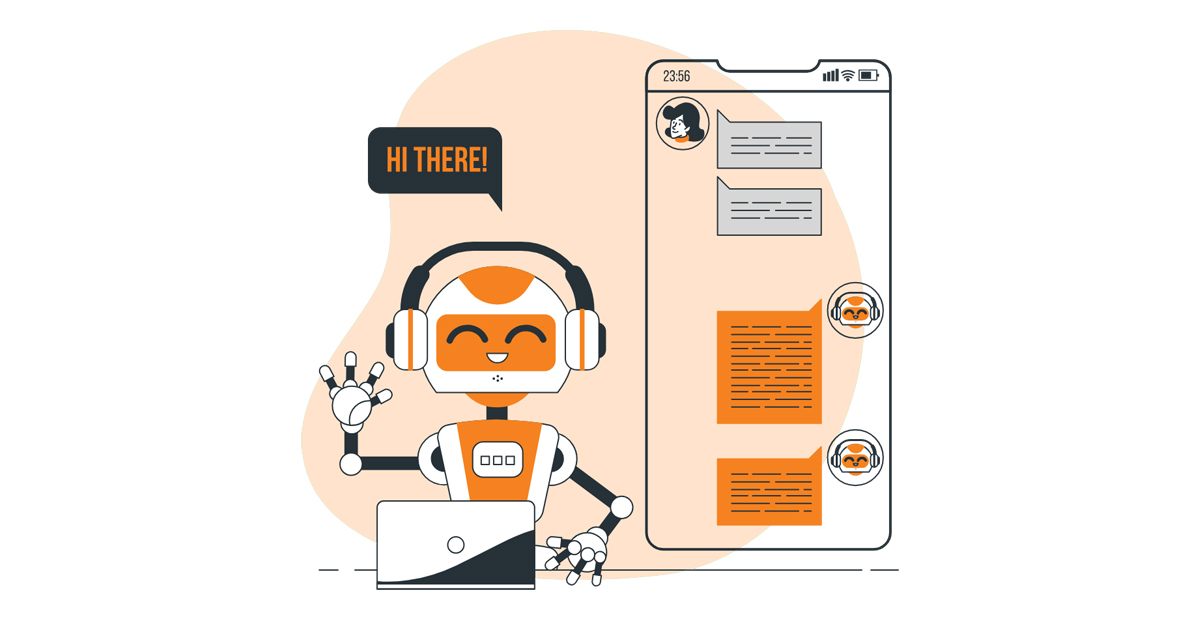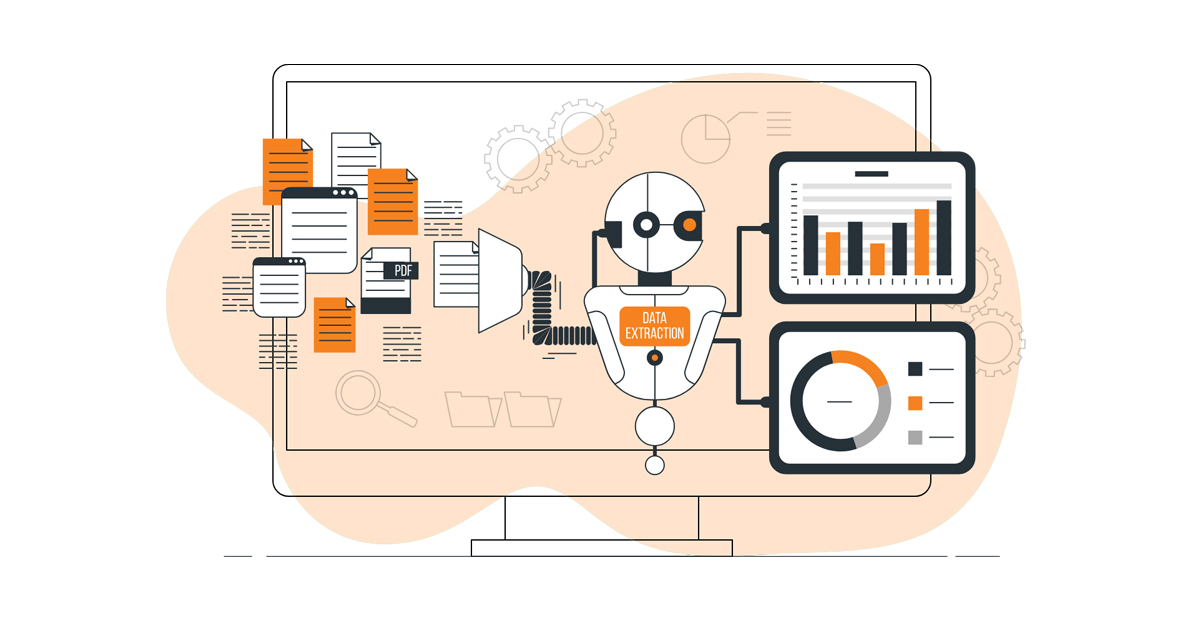Imagine that you have just started an early-stage company.
Moreover, your job entails many responsibilities, such as managing teams, overseeing the development process, fixing bugs or issues while developing products or services, interacting with clients and customers, handling finance, and other HR-related tasks.
Managing the whole project on your own might be challenging for business owners. And, That’s where project management comes into space.
Startup companies rely heavily on online project management to achieve success.
Innovative products, services, or platforms are developed to meet the market’s needs in the startup world. Every startup aspires to become a successful entrepreneur or a unicorn in their field. However, not all startups get on the success track.
As nine out of ten businesses fail, wasting time or money initially can prove costly. The right tools are essential for reducing the risk of failure and achieving startup success. Moreover, project management software can be used to keep the entire team on track and focused.
Here’s a detailed guide for you to start & grow your startup if you are a startup owner or have an idea for one:
What is Project Management?
Project management (PM) is the process that guides a team’s work to accomplish all project goals within specific parameters. It includes your team’s long-term objectives, tools or techniques, and daily work routine.
Planning and managing a project is the key to completing its stated goals and deliverables. The process involves identifying and managing risks, managing resources, budgeting, and communicating effectively across various teams and stakeholders.
How does Project Management Work? The Stages
In project management, there are five stages:
Initiating: The goal is to define the scope of the project.
Planning: A roadmap will be developed for everyone to follow.
Executing & Monitoring: This stage is responsible for forming the project team and creating deliverables. Monitoring and measuring the project’s progress will ensure it remains on track.
Closing: The project is completed, a post-mortem is conducted, and it is transferred to another team that will maintain the project.
Why is Project Management Important for Startups?
Believe it or not, startups suffer because they need to be better-versed in the advantages of project management when building an MVP for their business. As a result of project management, there is an organized structure to the process, leadership, motivation, and roadblock removal that enable teams to introduce new products and services, grow revenue, and meet other company objectives.
Generally, organizations waste 12% of their resources due to ineffective project management.
To build an MVP for a startup, project management is essential in the following ways:
- Determine the requirements of the business and the market to improve customer experience.
- The discovery session clarifies the vision through user/stakeholder interviews or meetings to discuss client/business needs.
- For MVP project management, build a “Pain and Gain Map” where you explain the problems that users have and suggest ways to solve them.
- Choose the features you want to include to provide your users with the most value.
- Plan the project by hiring the appropriate individuals—such as the project manager, UI/UX specialist, developer, or tester—to arrange the team and facilitate progressive work systematically.
5 Best Project Management Tools for Startups
An effective project management tool helps you organize projects/tasks, plan the process, maintain files/documents, manage inventory, schedule resources, fix bug reports, and manage a budget or invoicing. It is a good fit for idea validation to use project management. These tools will allow you to meet deadlines, foster collaborations, and save money.
Here are some valuable tools your organization should leverage:

Kissflow Project
Kissflow Project is an ideal project management tool for project managers and people who need to perform functional tasks. An attractive and easy-to-use Graphical User Interface makes this one-stop solution an excellent choice for all types of organizations.
Although it has all the features of a modern project management tool, functional managers with an implied project management responsibility—rather than qualified project managers—are its intended audience.
Main features of Kissflow Project
- The ability to develop subtasks & turn them into independent tasks.
- Various methods of visualizing projects (Kanban list or matrix views).
- Possibility of adding contextual annotations and due dates to assignments.
- Having the option to add task viewers for granular visibility. Viewers can also stay updated by adding the task’s status (done, in progress, researching).
- Comprehensive data-driven reports and the ability to create custom reports.
Trello
With Trello, your team can easily manage any project, workflow, or task. It is one of the most user-friendly project management solutions on the market, allowing you to add files, checklists, or even automation and customize it according to your needs.
Everyone on the team can visualize job progress across the pipeline because of its user-friendly and intuitive drag-and-drop Kanban-style task management interface.
Main Features of Trello
- Progress Meter Checklist help track the subtasks with a Trello card
- Easy Upload (Local Devices, Google Drive, Dropbox, and Box).
- Project development team can archive cards when they no longer require them on the Board.
- Use keywords to filter & display Cards with their Card names according to the specific terms in the filter keyword or other variables.
- An automated email notification can be sent to you whenever something happens to a subscribed-to Card or Board.
Zoho
Zoho Projects is the top project management tool, which is accessible & reasonably priced via its mobile apps. Its vast job management features, easy Gantt charts, & simple communication methods account for its popularity.
It is a cloud-hosted project management platform for small & medium-sized organizations. Project managers use it to define project tasks, assign them to teams, and calculate project costs. Project managers can keep track of ongoing work with real-time information.
Main features of Zoho
- Gantt charts, plus the ability to simultaneously charge time on several projects.
- The collection of communication tools includes real-time chat boxes, forum pages, and Zoho Meeting integration.
- The information about your leads is stored and shown as individual records in custom modules.
- You can gamify your sales efforts by transforming mundane duties into fun, routine-busting competitions.
- A complete set of prediction and AI features are available to the enterprise and the subscribers.
Asana
Asana is a work management startup and software that provides teams with tools for project and task management, collaboration, and productivity. Team members can re-visualize and improve project workflows with the help of various tools available on the company’s cloud-based platform.
Asana easily outperforms other project management software in terms of user interface design, usefulness, and ease of use. Despite its extensive features, getting started and onboarding the team requires only a few minutes.
Main features of Asana
- Single sign-on (SSO) integrations include those from Google Authenticate, Bitium, Okta, One Login, and LastPass.
- You may set up Two-Factor Authentication using Airtable (2FA).
- Track your teams and projects with task prioritization and schedulers in various formats, such as task lists, Gantt charts, and kanban boards.
- A real-time, accessible shared team calendar that you and your team can change.
- Automate time-consuming tasks to save time for more dynamic and challenging tasks.
Jira
An agile project management tool, Jira Software, supports any agile technique, including scrum, kanban, and your custom blend. Agile boards, backlogs, reports, roadmaps, integrations, and add-ons are tools you may use to plan, track, & manage all of your agile software development projects.
Main features of Jira
- The ability to schedule agile work in sprints from the project backlog.
- Fully customizable Kanban and Scrum boards.
- The ability to predict the estimated time for issues as you prioritize your backlog of tasks.
- Robust reporting tools, ranging from velocity measurements to burndown charts.
- Adaptable workflows to fit your frameworks
Final Thoughts
Managing a project is difficult for startups, mid-sized, or established businesses. Instead of established enterprises, startups generally have little room for error and require you to wear many hats. Dealing with investors, product development, and marketing campaigns can take time and effort.
It can make your job easier by handling chaos and increasing productivity with a startup project management tool. However, you must select the right tool for your business that fuels your growth.
Move over the old rules, and move projects over
the finish line.
Hire Our Best Professionals
Summary
Kickstart Your Project With Us!
Popular Posts
CONTACT US
Let's Build Your Agile Team.
Experience Netsmartz for 40 hours - No Cost, No Obligation.
Connect With Us Today!
Please fill out the form or send us an email to







